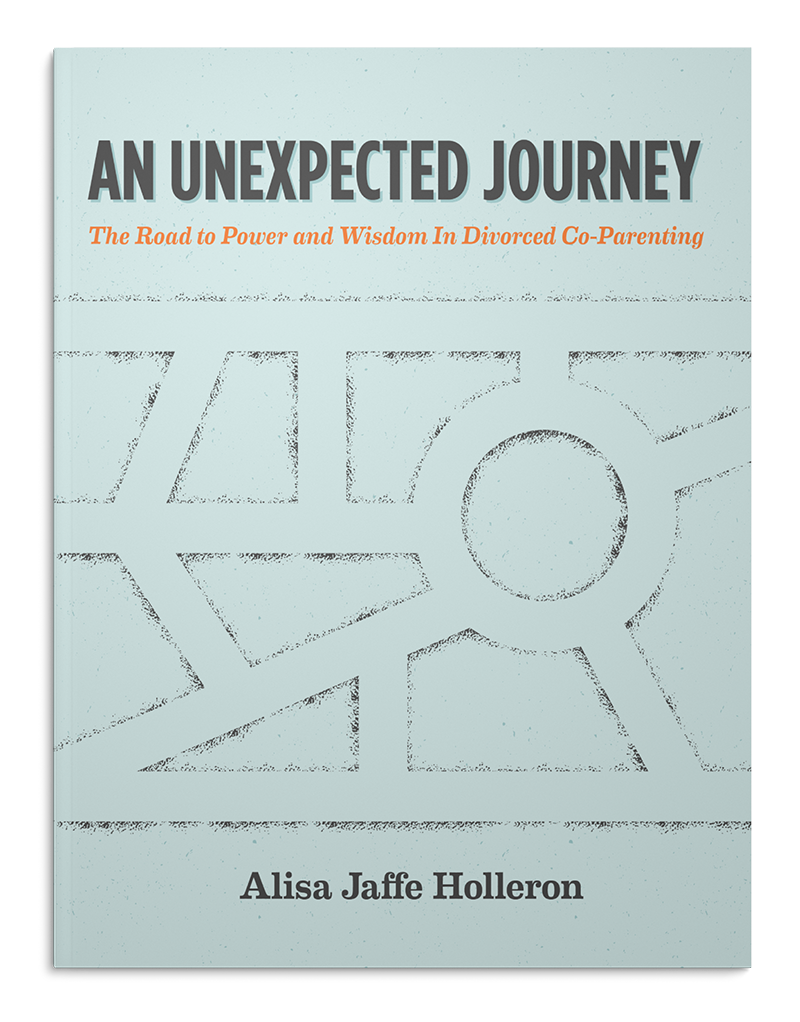My nephew and I are walking along the street and a homeless man approaches us. He is very dirty and his clothes are torn and worn. When he’s a few feet away, I remember that I recently made a vow to myself to look homeless people in the eye. Walking past and pretending they’re not there, like they don’t exist, doesn’t seem right and it doesn’t feel good.
The man is in front of me now, and he asks me for a dollar. Keeping my promise, I stop and make eye contact. I look into his eyes. I wonder where this person came from, how he got to be where he is, who has hurt him, if anyone has ever loved him. I see the distress of his life. I realize that I don’t want to see it because it’s too painful. No wonder I’ve always looked away.
I think about what I should do. I don’t know if I want to give him a dollar. I wonder what he would do with it. I say to him “I’m not sure what to do.” He looks at me quizzically. I’m thinking nobody has ever said that to him before.
He says “I need the dollar to get on the bus.” He says he has a place to stay tonight if he could get on the bus. The sun is going down. I still didn’t know what to do. Is he telling me the truth? I stay put, waiting for the answer to come.
The man reaches into his pocket and pulls out some change. He says: “Look, this is all I have. Not enough for the bus.” I think I see a “wheat penny” among his change; you know, those pennies that they stopped making many years ago. I love wheat pennies. I collect them. Not seriously, but I have a box full of them.
“Is that a wheat penny? I love wheat pennies.” I say. He looks down at the penny and points out that in fact it isn’t a wheat penny. He looks at me like he really is seeing me, like he’s looking deeply into me, and then reaches his hand in his other pocket. He pulls out a handful of wheat pennies! What the heck!
“I’ll tell you what” he says. “I’ll trade you a wheat penny for a dollar.” Our eyes lock and we gaze at each other intently for many seconds. I love wheat pennies, I don’t know why. And you don’t come across them very often anymore. He sees he can do something for me and I can do something for him. “Deal!” I say. I pull a dollar out of my wallet and we make the trade. We are both smiling.
The smile stayed with me for a long time. That exchange felt so much better than if I had looked down and pretended like he wasn’t there. We made a connection. A short, but meaningful connection in the vastness of time and the universe.
I realize that what made the moment with this man powerful is that we were just being present with one another; we were seeing one another. It wasn’t comfortable staying present. It would have been easier to either walk by or just give him the dollar without making real contact. I had to feel the reality of his life, and feel the discomfort of not knowing what to do. I had to feel the reality that there are many vulnerable people, and that all of us are vulnerable. None of us are exempt from the possibility of difficult and challenging circumstances.
We miss opportunities for connection because we turn away from the discomfort we may have to experience in order to make that connection. Even with our children, we would rather try to quickly solve a problem than sit in the discomfort of what our children are experiencing. Of course we have to help our children solve problems, but if we do it at the expense of connection, we are not helping them.
We now know that the brain is relational. Our brains are not separate in a very real sense. We are pinging off one another. Being present to children is what changes their brains for the better and makes them feel like the world is a safe and loving place. Even if a problem isn’t solved, something happens in these moments of connection that is much more powerful than checking one more solved problem off the list.
So what does that really mean? It means that when our children are upset, or struggling, or even behaving badly, before we go to a solution, or give them advice, that we just “see” them and “feel” into their experience. That we suspend judgment, and we allow ourselves to feel their discomfort, even though it is uncomfortable for us. That we allow ourselves to be fully empathetic. There is plenty of time to solve the problem, but always start with presence.
I tuck my wheat penny away in a special place. I can see the man in my mind’s eye. In my heart I know that connection is the stuff that engaged, meaningful lives are made of.
Thank you for reading! I hope this was helpful.




